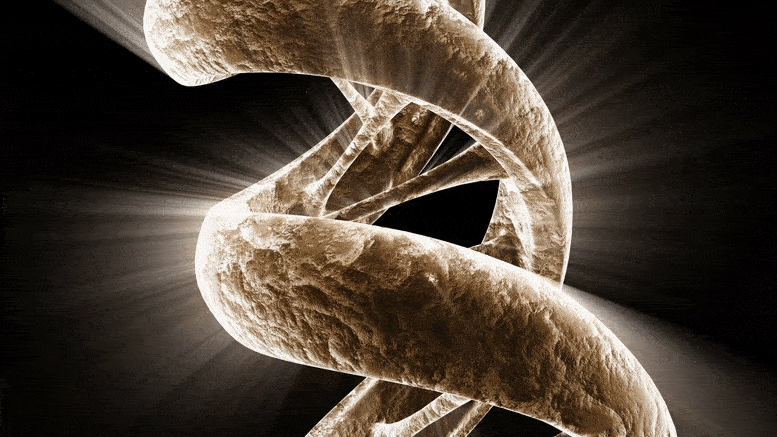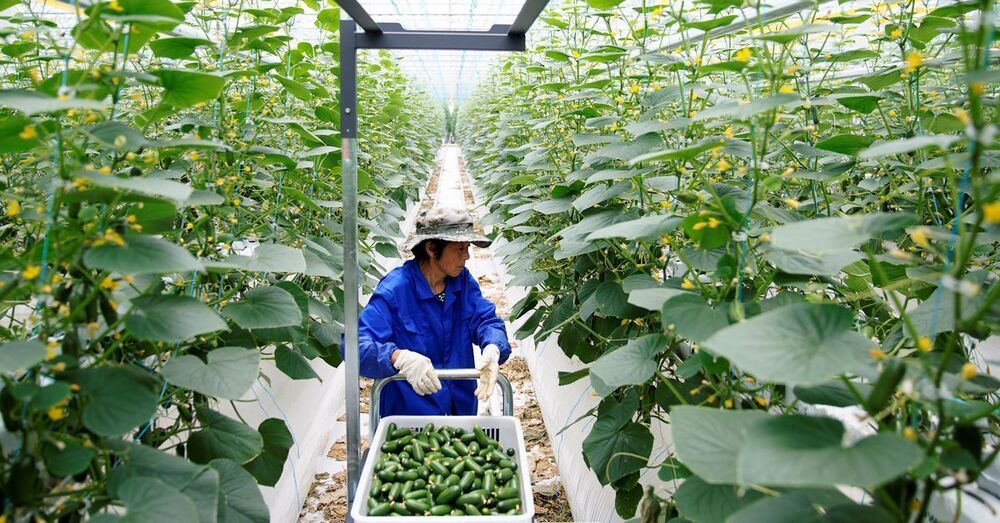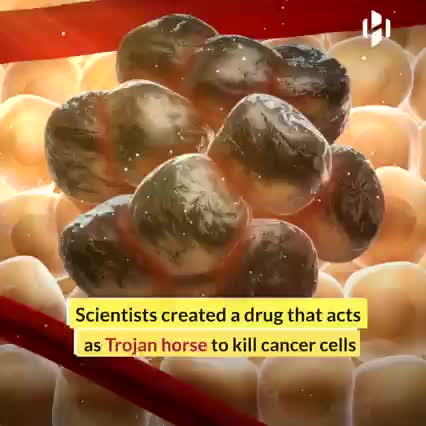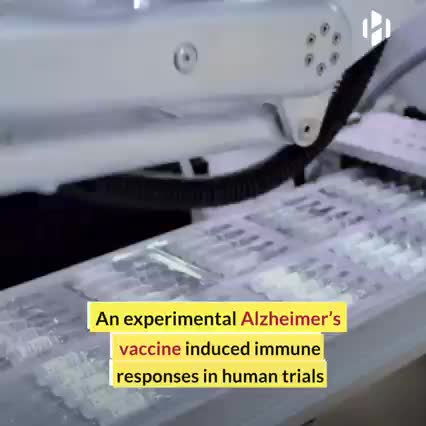Some researchers suspect these bacterial ancestors living within our cells may contribute to a wide range of neurological and psychiatric disorders.
By Diana Kwon.
Long before the earliest animals swam through the water-covered surface of Earth’s ancient past, one of the most important encounters in the history of life took place. A primitive bacterium was engulfed by our oldest ancestor — a solo, free-floating cell. The two fused to form a mutually beneficial relationship that has lasted more than a billion years, with the latter providing a safe, comfortable home and the former becoming a powerhouse, fueling the processes necessary to maintain life.








